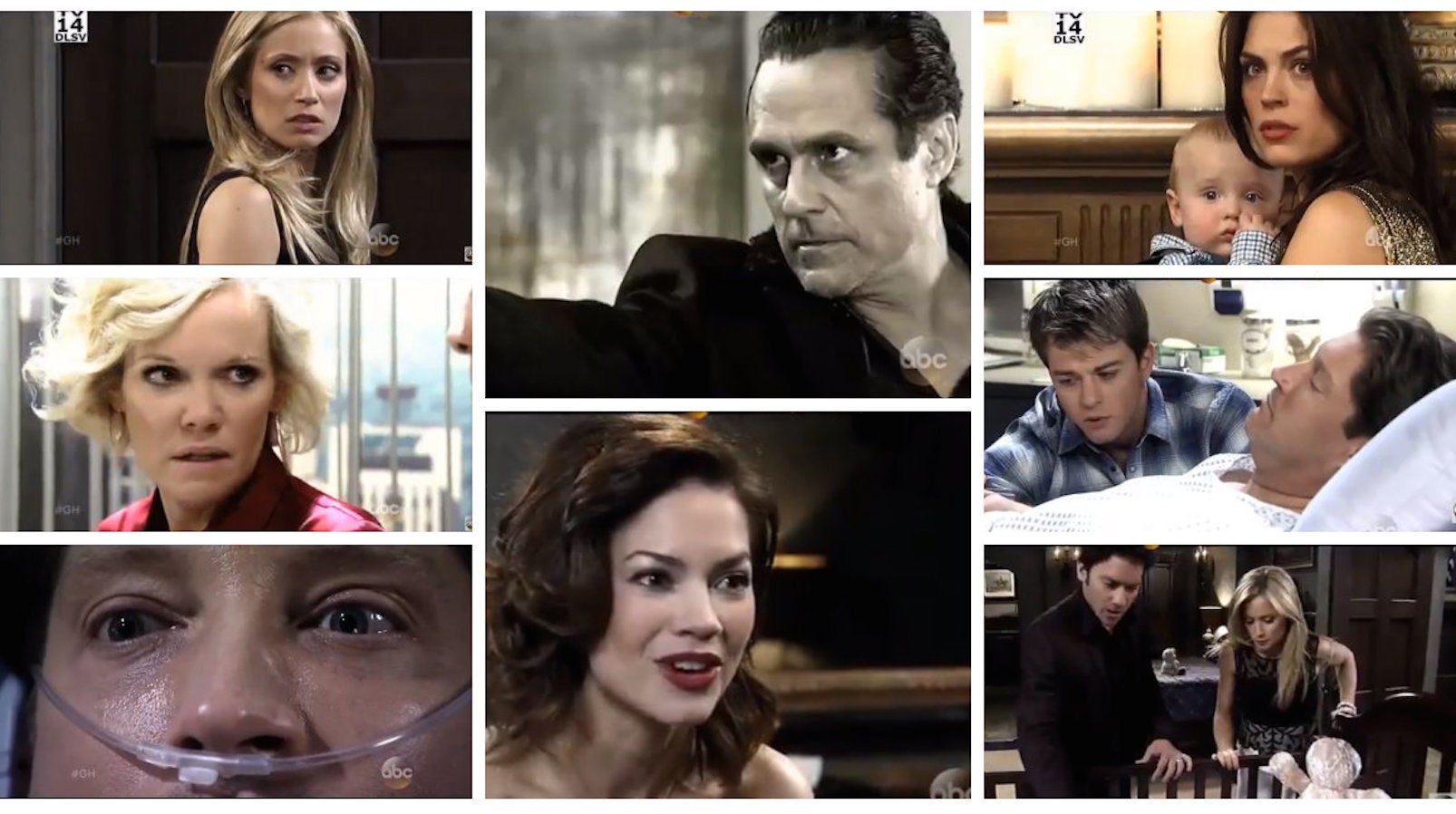Without America’s soap operas, we would never have gotten “Mad Men”
Over the last couple of weeks, I’ve been binge-watching one of the most innovative series on television. Like many of the gems of the current TV renaissance, it features extended narratives with complex plots, intricate backstories, and layered characters. Its approach to storytelling is remarkably adventurous, shattering television, and even cinematic conventions.


Over the last couple of weeks, I’ve been binge-watching one of the most innovative series on television. Like many of the gems of the current TV renaissance, it features extended narratives with complex plots, intricate backstories, and layered characters. Its approach to storytelling is remarkably adventurous, shattering television, and even cinematic conventions.
I’m speaking, of course, of General Hospital.
General Hospital, and soap operas overall, are usually not considered especially innovative. On the contrary, they’re thought of as melodramatic and clichéd.
And yet, it’s likely longform television dramas like The Wire wouldn’t exist if soap operas hadn’t paved the way. “Daytime soap operas were the first instances of serialized narratives in television,” Elana Levine, associate professor of media studies at the University of Wisconsin-Milwaukee told Quartz. “It was in daytime that TV writers, producers, and directors figured out how to create moving-image stories that had no set ending, that had characters that changed over time and had histories and memories.”
Soap opera’s popularity in the 1950s encouraged networks to try serialization in prime time, which led to classics like Peyton Place, Dallas, Dynasty, and Hill Street Blues—eventually leading to today’s highly regarded series like Mad Men.
I’m not the first to make the connection between Mad Men and soap operas, but still, it isn’t often discussed in any depth, probably because most critics who write about prestige television aren’t interested in, or especially familiar with, soap operas. “There are a lot of assumptions about soap operas in our culture,” Levine explained. “Most of the ideas people have about them are influenced more by stereotypes and assumptions than by the programs themselves.”
In that context, watching a soap opera as a newbie like me can be a revelation. As I said, I’ve been following General Hospital for a couple of weeks now, viewing around ten episodes. That’s barely a drop in the soap’s fifty-year-plus history, but it’s close to an entire season of shows like Orphan Black, Daredevil or The Wire.
Those shows are all known, more or less, for narrative complexity and sophistication. But compared to General Hospital, they might as well be toddler picture books. Two weeks into GH, and I’m only just beginning to get a grip on who’s married to whom, and who is the child of whom. New characters I’ve never seen pop up every episode, complete with complicated backstories and intricate, never-quite-fully explicated lies. Did Nicholas shoot Hayden to keep Jake from learning that he (Jake) is really Jason? Who on earth are Nicholas and Hayden and Jason anyway?
The confusion is in part due to the fact that it’s almost impossible for a curious contemporary viewer to start watching soaps from the beginning. Levine says that soaps were among the first shows to move to digital in the 2000s. I’ve been watching General Hospital on Hulu in the evenings, not on broadcast during the day. But episodes are only available for about a week before they drop offline, and there’s no systematic DVD reissue.
Forget Netflix—Levine says episodes from before the 80s are basically lost forever. Those after that are hard to find and collect. Everyone watching General Hospital is a newbie in some respect; no one can see the whole thing.
The lack of an easily accessible catalogue is due to technological limitations and a perceived lack of demand. But I think it also is emblematic—inadvertently or not—of the soap’s thematic obsession with secrecy and confusion. Everyone on General Hospital has something to hide. He’s unfaithful, she’s disguised as her twin sister, he stole a baby for a cancer bone marrow treatment and framed his ex-wife (no, really). The viewer’s job is to seek out a truth that’s never complete or whole. The dramatic, meaningful rhythms of film or television, with their focus on characterization and plot, are largely abandoned. The moral arc of Breaking Bad or Orange Is the New Black, where you see the true, real iniquity of the main anti-hero, doesn’t exist in soaps. You never find out the true inner core of anyone.
Instead of truth, you get deferral. Scenes are short, and often interrupted in the middle. Genres, too, are chopped up and scrambled; there’s a murder mystery, a gang war, a romance, a domestic drama. One jumps to the other with a kind of glacial frenzy. Plot points are repeated, drawn out, multiplied, and never concluded.
The lengthening of narrative is part of what gets praised in shows like The Wire or Daredevil or Buffy. From soaps, these shows have learned to juggle multiple characters over season after season, creating an engrossing sense of continuity and depth. Watching General Hospital, though, it becomes clear just how timid prestige television can be.
The desire for endings, for meanings, for morals, is powerful in television today. The scheming Vee is defeated at the end of season 2 on OITNB; Walter White meets his just fate at the end of Breaking Bad; Omar Little goes from folk hero to an anonymous corpse in The Wire.
General Hospital is remorseless in comparison. In GH, the world is confusing. An endless array of characters pass through with their own stories and secrets you can’t begin to fully understand. The past disappears and can never be recovered. The soap opera, in this sense, has no beginning, no end, and no final meaning. Despite the present-day experiments in cutting-edge television, it will be a long time before HBO, or Netflix, or anyone else manages to come up with television as odd, or daring, as the soaps that started it all.